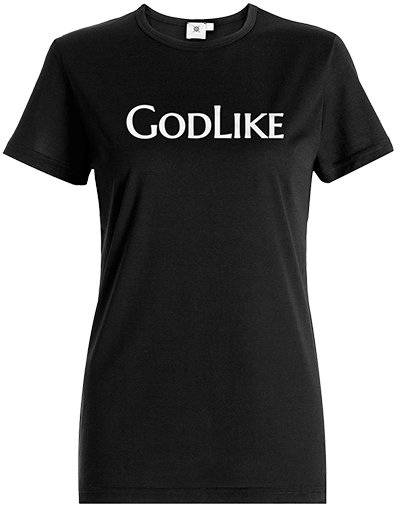
| Published: | 23 September 2022 |
| Category: | Author News |
This post first appeared on the Crime Cymru blog on September 2nd – This week’s blog comes from the multi-talented Phil Rowlands. Some detailed tips here which all aspiring writers should note. (I’m also very jealous of his shed!)

How I write:
For me, it all starts with an idea, a story I’d heard, something I read in a newspaper, a love, a passion, a tragedy, a news report.
One example was an article I read in a discarded newspaper on a train from London to Cardiff. It was about a Sunni shopkeeper, captured with other Sunnis at a Baghdad market by Shia militiamen and lined up in a front of a firing squad and how his life was spared by the man who was to execute him. It was an intriguing story. I decided to track down the journalist and after several months met up with her in an underground bar in Sloane Square, Chelsea. She gave me permission to develop a screenplay. I called it Burning Words. In the end, it was too dangerous politically, at that time, to make. It still waits to be told and now, I will write the book, then perhaps revisit the screenplay.Once my seed of a story is sown, the research begins to find the truth that will be its foundation. During this journey I allow myself occasional distractions as I follow tangents not necessarily connected directly to my search. It allows a break and usually, if I don’t get too lost in the mists, energises and focuses me when I get back on topic. After I have good sense of the reality, I let my imagination loose and try to find where my own life or experience touches the fiction I am slowly creating. I spend a long time thinking it through before I begin to write and although I know my characters, the world in which they live and their journey through it, I have only a vague idea of where it starts and ends. I am a ‘pantser’ not a ‘plotter’. I don’t want to inhibit the freedom of my characters as they grow and breathe. They can make their own choices. Although occasionally I will give them a ‘sliding doors’ opportunity. Sometimes, research is not enough, and I have to find a painful emotional mirror. In my psychological thriller, Siena, the story of a woman coming to terms with the killing of her husband and young son, I needed to have experienced something that would give me a glimpse of the depth of grief of a mother’s loss of her child. Obviously, I could never feel that same despair or gut-wrenching horror and rage but the sudden death of my father when I was thirteen and the anger, disbelief, shock and abject loss I felt then could be used to touch and inform my exploration of her pathway to reason and closure. It wasn’t easy but a necessary marker if I was to make her psychological state real.
I always try to see the ‘keep it simple’ banner, be careful of repetition, use description sparingly and don’t let a good story get lost in the miasma of the love of words. One thing that works for me is to read everything out loud. It gives a distance between words and story and helps identify any stumbling passages. I try also to hold the dialogue in check – the simpler the better – and not say what has already been shown in the text… or vice versa.
Another thought I keep in mind is that readers won’t know what I know so I need to give them enough to hold onto the rollercoaster I am taking them on. Surprise is good but not when it confuses

I write in my shed at the bottom of my small garden where I can get lost in other worlds without disturbance, except for the lure of sunshine and flowers, my two-year-old grandson, or trying to make a cappuccino that won’t disappoint me. I try to start writing by ten. Not the crack of dawn exactly but not late either. I write until the flow stops then edit what I have done that day. And will do it again the next morning before I continue. I think I am better in the morning, so perhaps, an earlier start, might be on the cards, but then how to fit in, yoga, bath, breakfast and clearing head time. Not the greatest of problems in my working life but perhaps it might be worth trying a change. I could become the dawn stalker of story. I wish I could write long into the night but that has never worked for me and when I have forced a midnight attempt at storytelling, I have worse than my usual ‘pile of old crap’ thoughts when I have read it through.
We each have our own space and time for creating stories we hope readers will like and share with us and we must always live to write not write to live, although sometimes the two cross-over. Each of us has our own distinctive voice which must be developed and honed – it takes time, is sometimes painful, but worth it.
I think a couple of things that are always helpful, or have been to me, are that firstly the core storyline, that simple a plus b equals c, has to be clear, the outline and foundation that allows you to build and explore; if you want to submit to a publisher, your manuscript has to be as good as it can be at that stage of development and fit with the format they want; the editor is a collaborator and only wants your story to be the best it can be for you.
Reading and learning from other authors is a must. Three of my go-to crime writers are Ken Bruen, James Lee Burke and Anne Cleeves.

|
Men Tshirt |
$67.00 | 1 | $67.00 | |

|
Men Hoodie |
$125.00 |
2 | $250.00 |